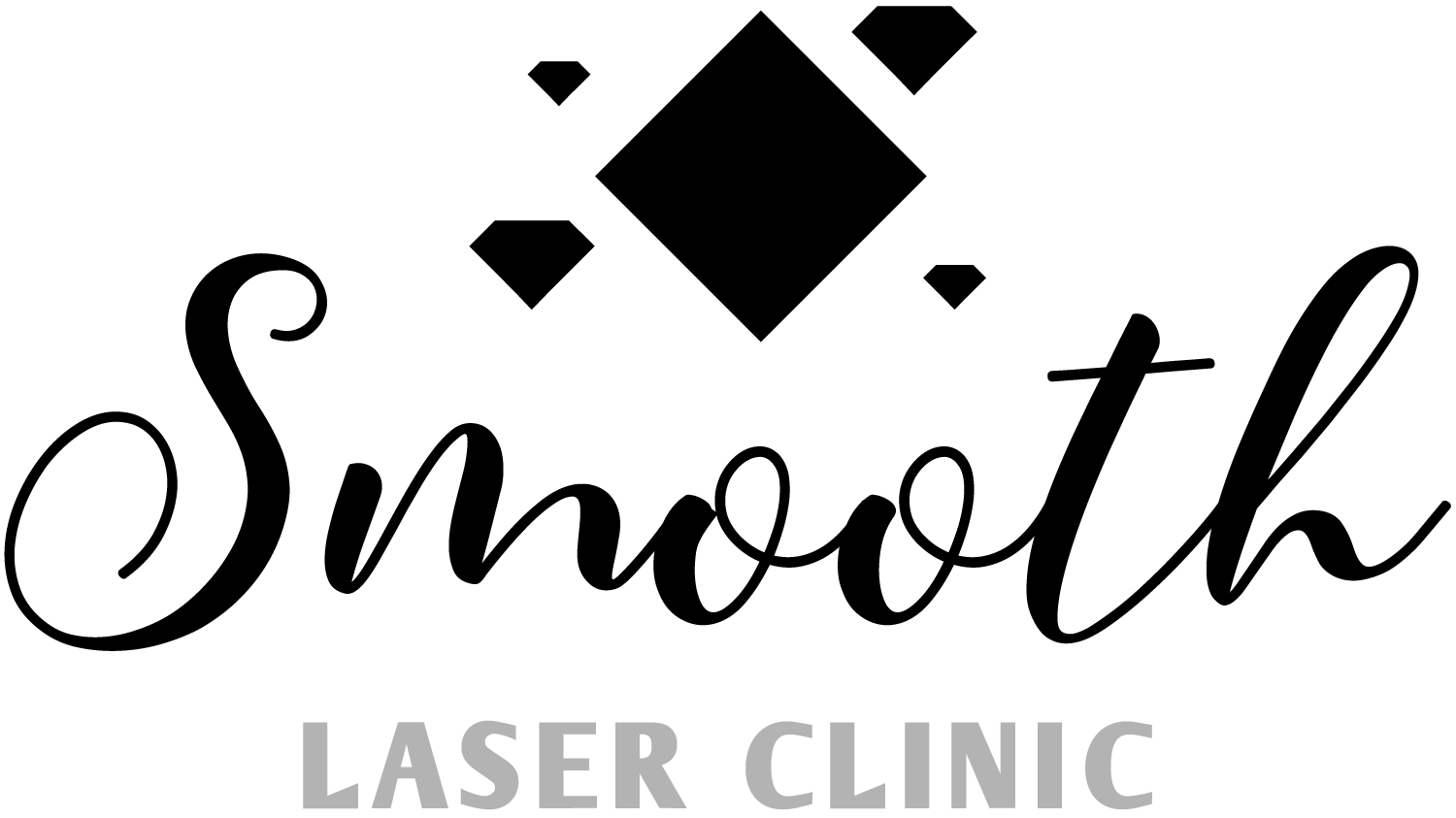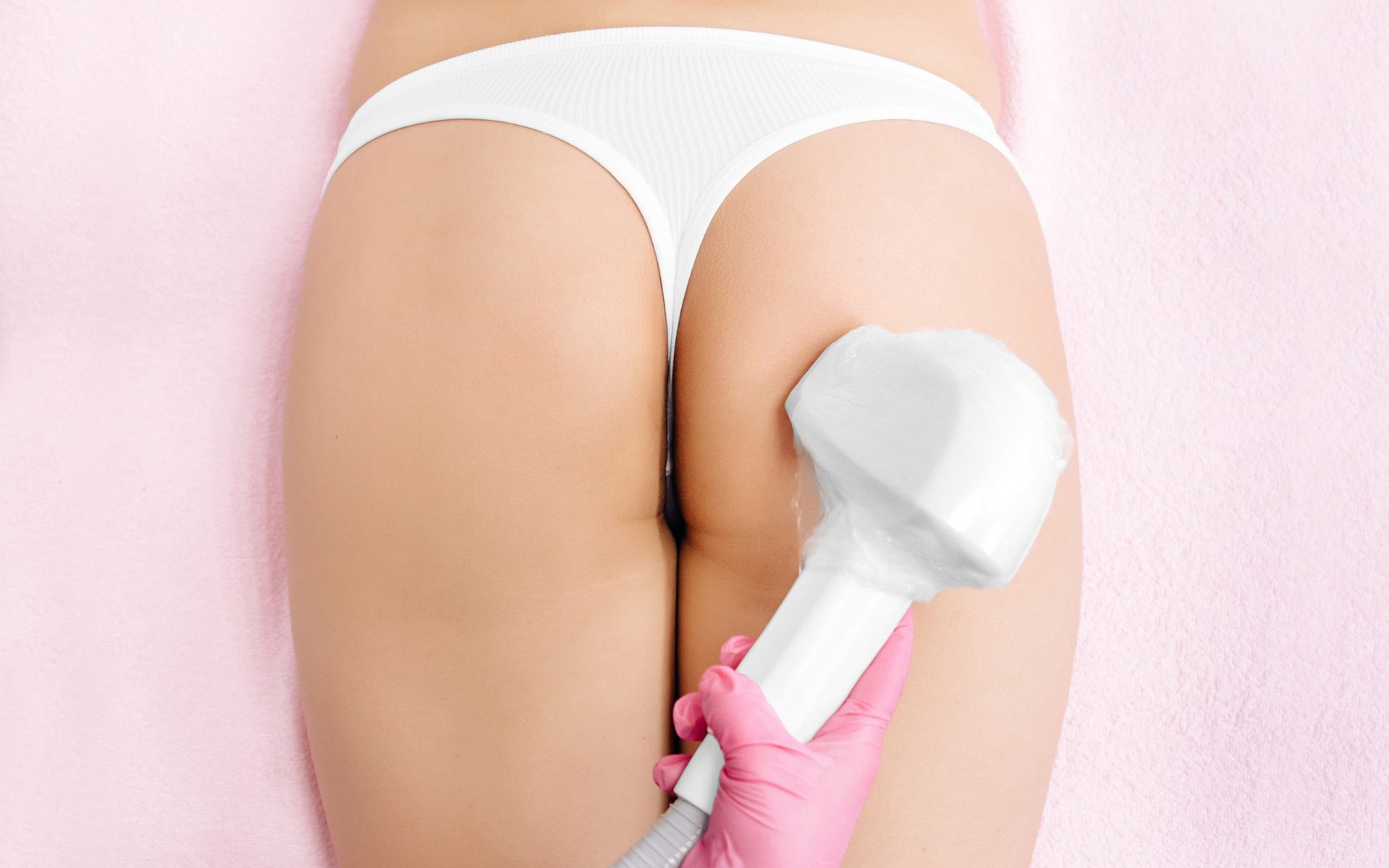Electrolysis VS Laser Hair Removal
If you want to achieve soft, silky skin without waxing, plucking, shaving or threading, you might be weighing up electrolysis vs laser hair removal. Both are great for reducing hair growth. But what does each procedure involve and how are they different from one another? Here’s what you need to know before booking electrolysis or a laser hair removal package.
Electrolysis Overview
Electrolysis is the only FDA-approved treatment for permanent hair removal. It can also be used on all hair types, which makes it a popular option for ginger-haired clients who often don’t see great results with laser hair removal as there isn’t enough pigment for the laser to target. Electrolysis is typically more painful than laser, however, as it involves the use of an epilator which penetrates the skin with a fine needle. The epilator is attached to a machine which then sends an electric current through the needle to the hair root, destroying the follicle and preventing future regrowth. One hair follicle is targeted at a time making electrolysis a relatively slow but effective procedure.
Laser Hair Removal Overview
A laser hair removal specialist will carry out a consultation and a test patch before approving a course of treatments. During laser hair removal, intense pulses of light are used to heat and destroy hair follicles. The light targets melanin in the hair, bypassing the skin. The more melanin a person’s hair has, the better the results. Patients with dark hair and light skin tend to have better results as the lasers can easily recognise the pigment it needs to target.
Permanent laser hair removal is suitable for all body areas except the eyelids and the surrounding area. In contrast, electrolysis can be used on the eyelids without any problem.
Laser hair removal tends to be quicker than electrolysis and is recommended for larger areas. As hair growth follows a cycle, 6-8 laser treatments spread out across several months are needed to see significant results. Annual maintenance treatments are also recommended if regrowth occurs. Maintenance is not necessarily needed with electrolysis as it’s designed to be permanent.
How Should I Prepare for Each Treatment?
Skin preparation differs for each treatment. With laser hair removal, it’s important to shave the hair in advance to prevent thermal injury to the skin. Don’t wax or pluck, however, as the treatment targets the hair follicle. With electrolysis, don’t pluck, shave or wax the hairs. Each hair should be about 3mm long, allowing the beauty therapist to tweeze out the treated hair after the electric current has been blasted down to the follicle.
Aftercare
After both electrolysis and laser hair removal, you will need to avoid waxing or plucking hair from the area. You should also stay out of the sun and away from swimming pools for at least 72 hours. With electrolysis, you may experience some scabbing, so it’s important not to remove scabs until the skin is fully healed. Laser hair removal does not produce scabs as the light bypasses the skin and travels straight down the hair follicle.
Book laser hair removal in Hampshire with Smooth Laser Clinic today and enjoy long-lasting results.










